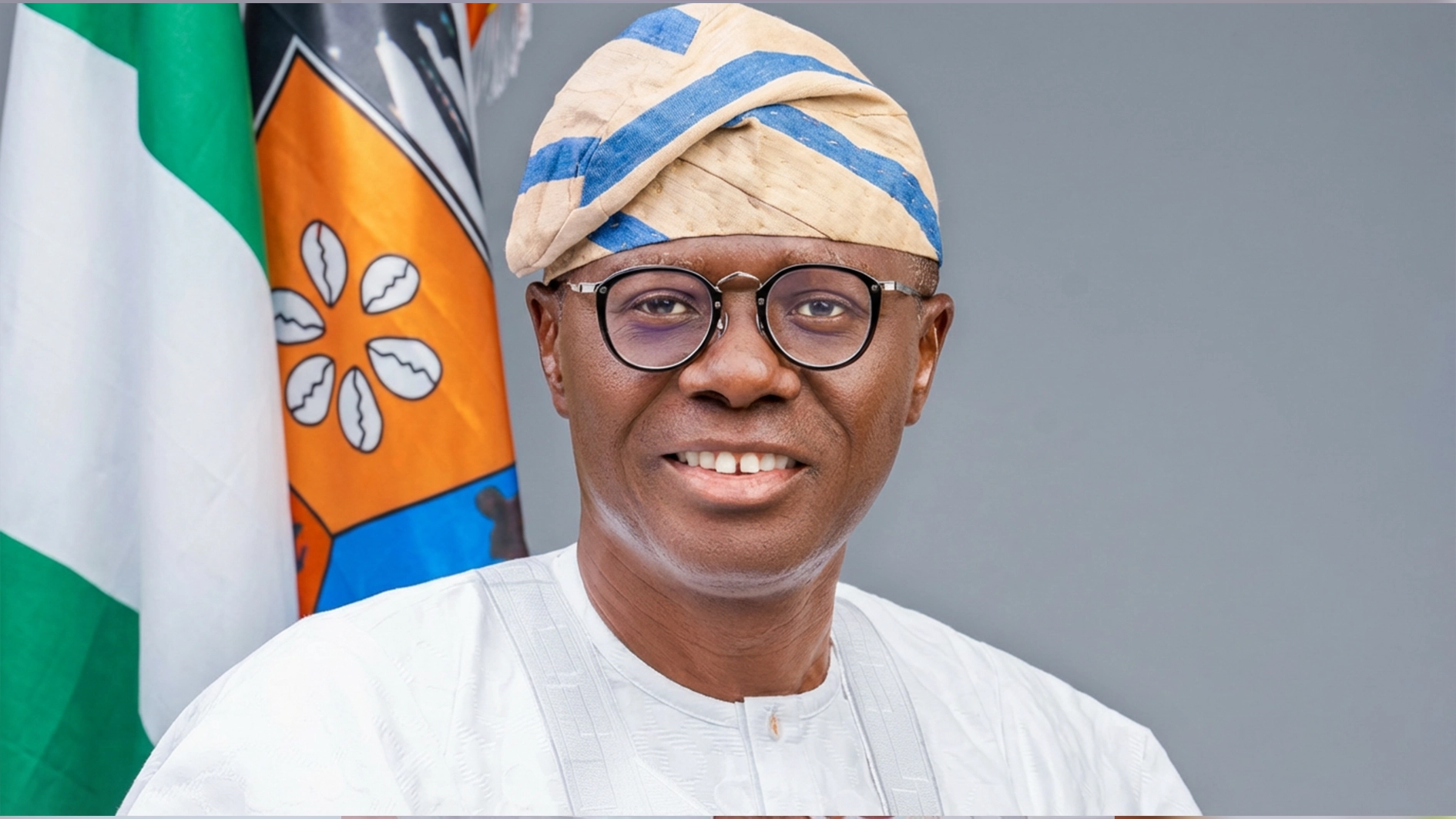With only one in six Nigerians having access to basic handwashing services, the United Nations Children’s Fund (UNICEF) has called for immediate action to close the country’s critical hygiene gaps amid a growing diarrhoea outbreak.
Chizoe Adinora of UNICEF Nigeria made the call on Wednesday in Abuja during the commemoration of the 2025 Global Handwashing Day, stressing that inadequate hygiene infrastructure continues to fuel preventable diseases, particularly among children.
“Handwashing is one of the simplest and most effective ways to prevent diarrhoea, yet the majority of Nigerians still lack access to this basic service,” Adinora said. “This is not just a health issue; it’s a human rights issue. Every child and family deserves the tools to stay healthy.”
UNICEF urged the Federal Government, state authorities, and development partners to scale up the delivery of emergency hygiene supplies while launching its nationwide awareness campaign.
As part of efforts to enhance hygiene promotion, the Federal Ministry of Water Resources and Sanitation, the National Task Group on Sanitation, and UNICEF are collaborating to commemorate the 2025 Global Handwashing Day under the theme “Be a Handwashing Hero.”
The Minister of Water Resources and Sanitation, Prof. Joseph Utsev, issued a national call to action during the event, urging every Nigerian to “Be a Handwashing Hero” in the fight against disease, the promotion of dignity, and the pursuit of a healthier nation.
Highlighting the link between poor hygiene and diseases such as cholera, especially in underserved communities, Prof. Utsev stressed that handwashing with soap remains a first-line defense against illness and pandemics.
“Proper hand hygiene not only reduces disease but also boosts school attendance, enhances dignity, and drives productivity,” he said.
The minister referenced Nigeria’s commitment to hygiene promotion through initiatives such as the Nigeria Roadmap to Hand Hygiene for All (2022), the Clean Nigeria: Use the Toilet Campaign, the PEWASH programme, and the ongoing SURWASH project.
He announced that the National Action Plan for Water, Sanitation and Hygiene (WASH) is being revised to include a standalone hygiene component, reinforcing the government’s prioritisation of hand hygiene in national policy.
Prof. Utsev called on institutions, policymakers, schools, healthcare centres, and the private sector to ensure the availability and accessibility of handwashing facilities, especially for persons with disabilities.
“Let us challenge ourselves to do more. Making handwashing a habit everywhere requires innovation, commitment, and cross-sector collaboration,” he urged.
“A child spared from disease today is a future empowered. A community with safe hygiene is a community with dignity. Let us all become Handwashing Heroes and build a resilient, healthier Nigeria,” he added.
He reaffirmed the Federal Government’s commitment to improving the WASH sector through key programmes, including the National Action Plan, PEWASH, Clean Nigeria: Use the Toilet Campaign backed by Executive Order 9, and the Sustainable Urban and Rural WASH (SURWASH) project.
The minister commended development partners, including Reckitt, UNICEF, WaterAid, Action Against Hunger, Sightsavers, and Self Help Africa, for their technical and financial support in advancing hygiene and sanitation goals.
He urged all stakeholders to adopt a multi-sectoral strategy to ensure accessible handwashing facilities in schools, health centres, workplaces, and public spaces, particularly for persons with disabilities.
Prof. Utsev also called on government institutions and agencies to commit to measurable targets, provide essential supplies, and embed hand hygiene as a non-negotiable standard across all sectors.






